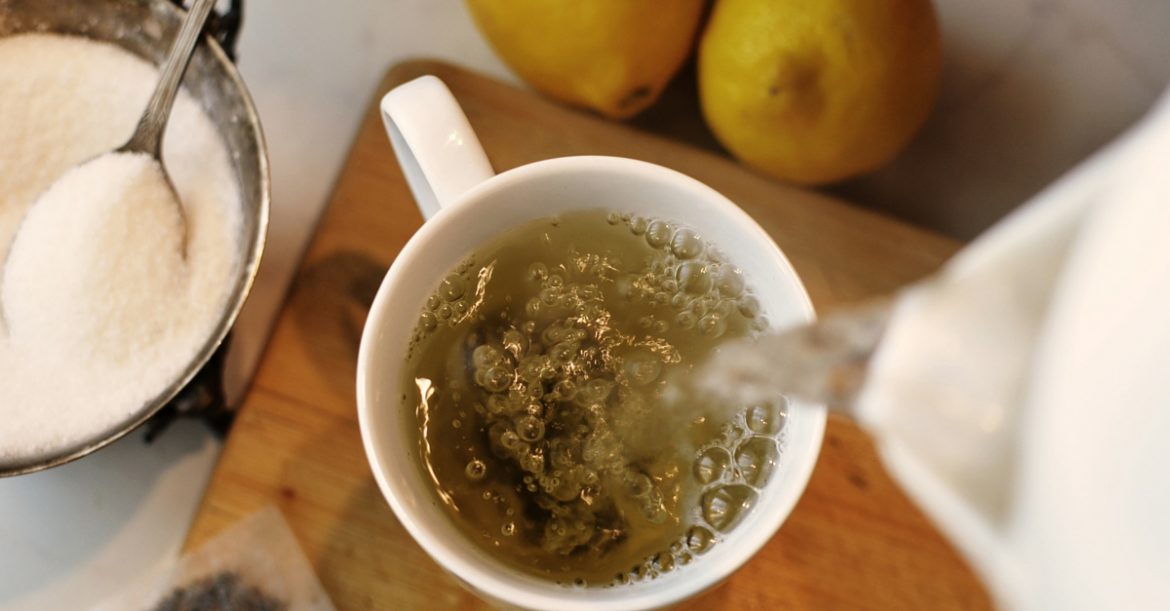Now that the holidays are over, it’s time for the bitter cold temperatures of January and February to roll in along with cold and flu season. According to the Center for Disease Control (CDC) there are more than 1 billion cases of the common cold each year in the U.S. and 22 million workdays are lost annually due to the common cold. We’ve all experienced the miserable soar throat, runny nose, coughing and sneezing that accompanies a cold. Luckily there are a few things you can do to prevent yourself from getting a cold this winter. Below are 10 simple tips to help protect yourself from getting sick this winter:
1. Wash your hands
This may seem like the most obvious way to avoid germs but it can often be overlooked throughout the course of a busy day. Cold viruses can live on hard surfaces like door handles, subway railings and iPhones for anywhere between a few minutes to up to 48 hours according to the Mayo Clinic. Be sure to wash your hands often throughout the day, especially after commuting to and from work or shaking peoples hands. For added convenience carry a hand sanitizer with you.
2. Get plenty of sleep
When your body is sleeping, it’s repairing cells and helping to fight off infection, which is why it’s so important for overall health. Depriving yourself of sleep will suppress immune system function and will decrease the body’s ability to fight off colds. The CDC recommends adults get on average 7- 8 hours of sleep per night so make sure you make it a priority to get plenty of rest.
3. Stay active
Research published in the British Journal of Sports Medicine shows that people who are physically fit and workout regularly get fewer colds and when they do get sick, they experience milder symptoms. Exercise can also help improve your mood and reduce stress. This doesn’t mean you need to hit the gym seven days a week, getting 30 minutes of exercise per day like walking will do the trick.
4. Stay hydrated
Every system in our body depends on water to function therefore drinking water helps our body to function at optimum levels. Recommendations vary for how much water we should drink per day but its generally a good rule of thumb to aim for at least 8 glasses of water per day, and more if you are drinking alcohol or coffee.
5. Manage your stress
Stress can take a toll one your body and can even make you more prone to getting sick! Stress exposes your body to stress hormones that can suppress your immune system leaving you more vulnerable to falling sick. For your health, its important to find ways to de-stress and relax, whether it’s exercising, reading, spending time with friends or meditation, find whatever works for you and stick with it.
6. Use a nose spray
Using a saline nose spray a few times a day is an effective way to flush out bacteria. You can also use the nose spray right after symptoms of a cold appear to help reduce the symptoms.
7. Stick to a healthy diet
Eating healthy foods is a critical step in maintaining your overall heath but it can also help boost your immunity. Fruits and vegetables are high in antioxidants, vitamins C and E, beta-carotene and zinc which are all good for your immune system and can help protect you from getting sick. Fruits and vegetables that are colorful like sweet potatoes, berries, apples, broccoli and red bell peppers are especially high in antioxidants.
8. Take a multivitamin
If you haven’t been getting enough fruits and vegetables into your diet, you may want to consider a daily multivitamin. This will help to make sure you are getting the nutrients you need to maintain a strong immune system like magnesium, zinc and vitamins A, C, D and E.
9. Gargle with salt water
This is a classic move your parents probably taught you when you were little but it still holds true! Gargling warm salt water will help reduce inflammation in your throat, will clear out any mucous and will also flush out bacteria and viruses to help prevent you from getting sick.
10. Up your Vitamin D Intake
Vitamin D is important for keeping the immune system strong. It can often times be difficult to get enough vitamin D since many foods don’t contain this vitamin and we typically get most of our vitamin D from the sun, which we don’t see a whole lot of during the winter months. Talk to your doctor about supplementing with a vitamin D.
 Food
Food Farmers
Farmers Sustainable Living
Sustainable Living Living Planet
Living Planet News
News